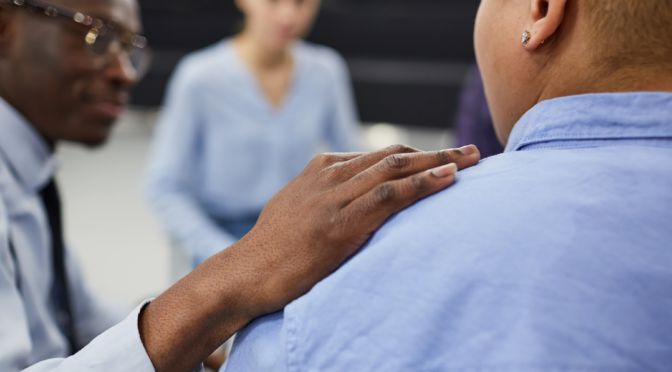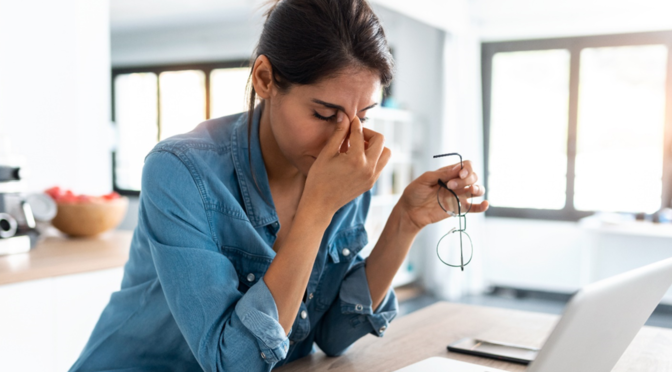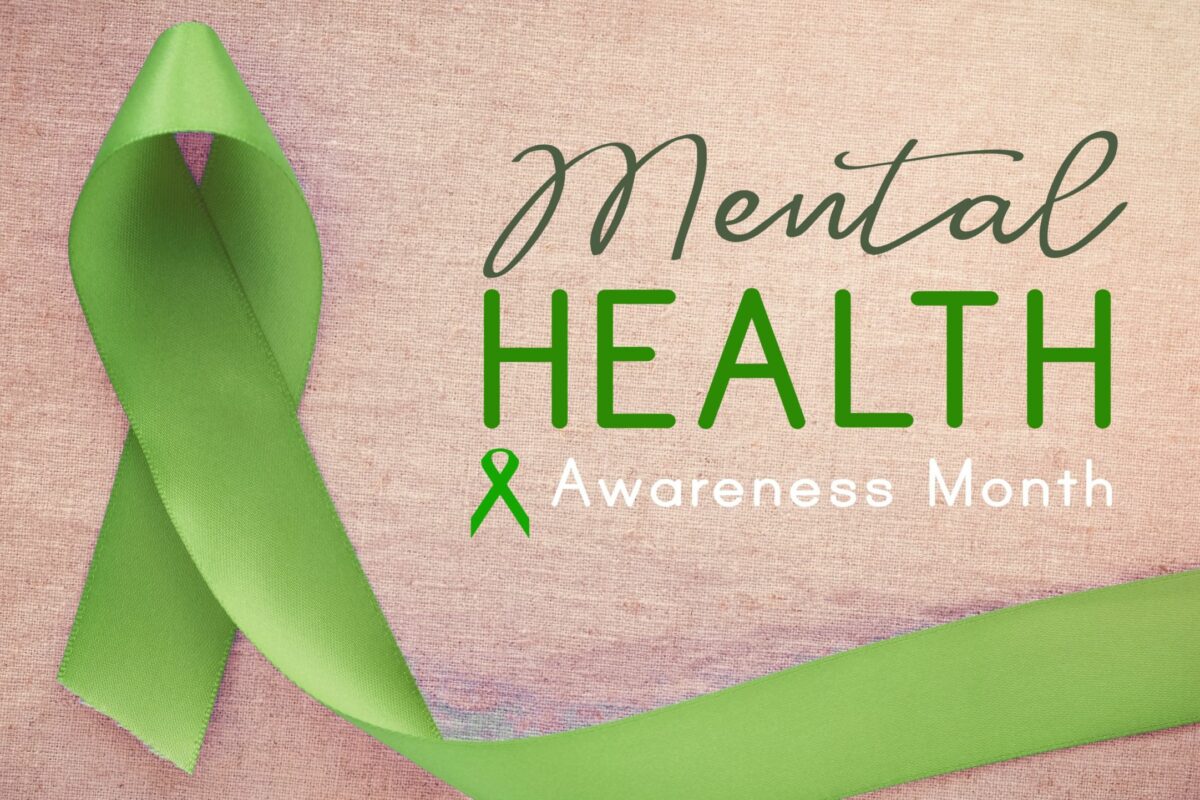Protecting Minority Mental Health in the U.S.
Mental illness is stigmatized in the U.S. and even more among minority communities and communities of color both nationally and internationally. To help combat the mental illness stigma, the U.S. House of Representatives designated July as “Bebe Moore Campbell National Minority Mental Health Awareness Month,” to “enhance public awareness of mental illness and mental illness among minorities.” According to the American Psychiatric Association, more than 50 percent of all Americans will be part of a minority group by 2044. The total incidence of mental illness, mental health outcomes of racial/ethnic, gender and sexual minorities will be much worse, writes Dr. Anton C. Bizzell in “Protecting Minority Mental Health in the U.S.,” published online in Psychology Today.
Racial and ethnic minorities have more to contend with when it comes to accepting and addressing mental health issues. “What’s done in this house, stays in this house” is a mantra heard by many minorities. Stress, substance abuse, unemployment or underemployment, incarceration, education, or lack thereof, shame and denial are all reasons that minorities and communities of color find themselves dealing with mental health related issues. Everyone, especially communities of color, need to debunk the myths and stigmas associated with mental illness. Seek help today.




